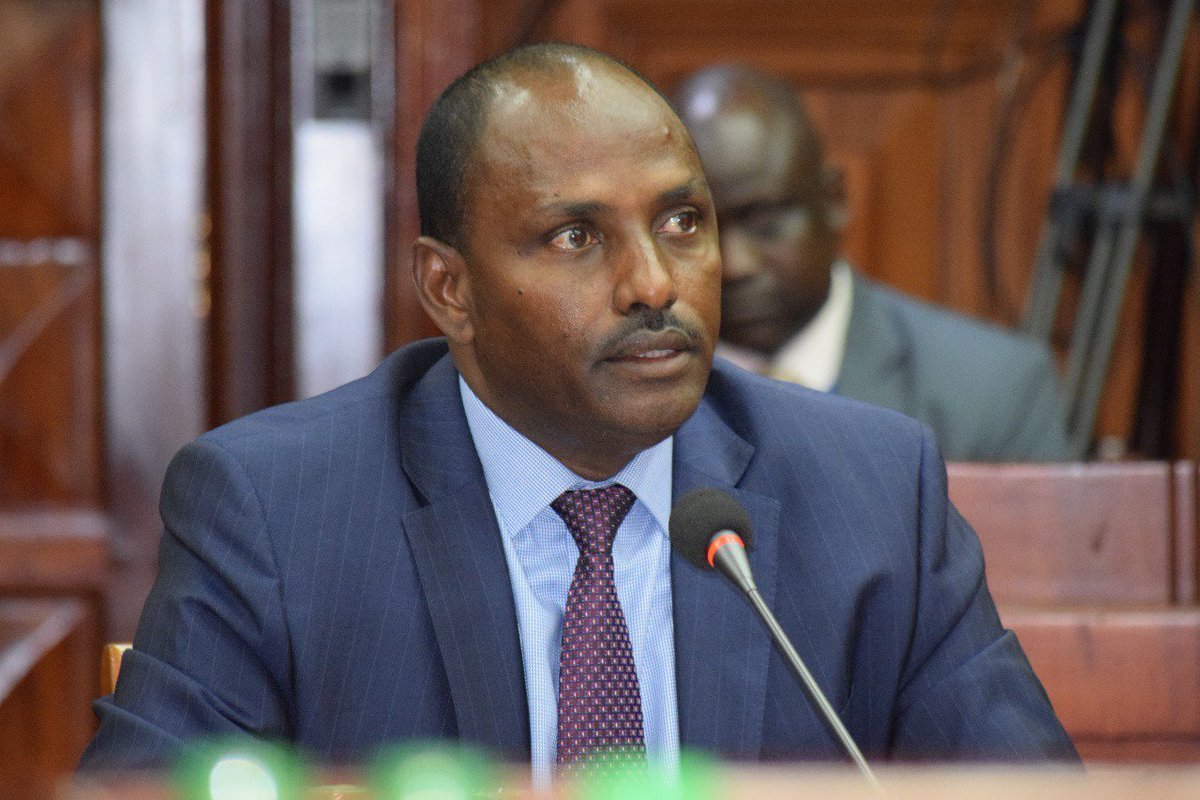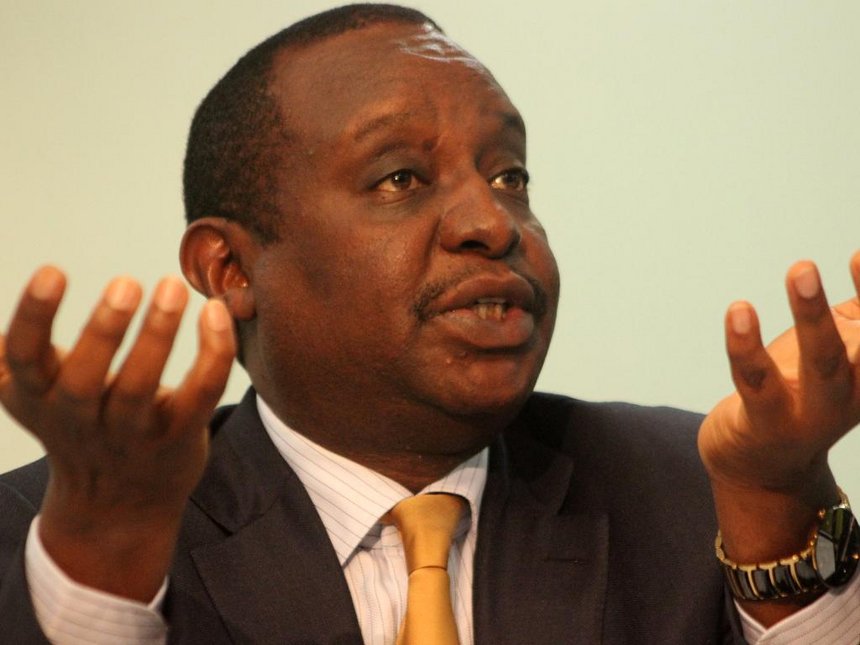To plug a deficit of Ksh569 billion in the Financial Year 2020/21, the government is set to embark on a borrowing spree that will add to the ballooning public debt even as Treasury Cabinet Secretary Ukur Yatani seeks to replace commercial loans with concessional debt.
The Draft 2020 Budget Policy Statement shows that the Treasury will seek to borrow Ksh318 billion from the domestic market, Ksh247.3 billion from foreign lenders and some Ksh3.2 billion from other domestic lenders.
“Given the expenditure rationalization and the revenue enhancement measures put in place, fiscal deficit inclusive of grants is projected to reduce from Ksh 715.2 billion equivalent to 7.7 percent of GDP in the FY 2018/19 to Ksh 569.4 billion equivalent to 4.9 percent of GDP in the FY 2020/21 and further to Ksh 547.2 billion equivalent to 3.3 percent of GDP in the FY 2023/24,” reads the draft budget policy statement.
In the document, Treasury honchos Cabinet Secretary Ukur Yatani and Principal Secretary Dr. Julius Muia state that the debt is ‘sustainable’ in the medium term.
Official data posted by the Central Bank of Kenya shows that the country’s debt stands at Ksh6 trillion. Adding the Ksh566 billion to the stock of public debt will take Kenya’s debt to the Ksh6.5 trillion mark.
The country’s debt could actually be more than what the government is stating officially.
Last week, the International Monetary Fund (IMF) warned Kenyans that the country’s debt could be more than Ksh6.2 trillion. The global financial institution intimated that Former Treasury Cabinet Secretary Henry Rotich was concealing the country’s true financial standing by cooking figures.
This means that if you add the money that the government intends to borrow, Kenya could owe creditors Ksh6.7 trillion in the next few months.
Arguing from IMF’s standpoint, Kenya’s economy is on shaky ground.
In October 2018, Treasury had projected that President Uhuru Kenyatta was going to leave Kenyans with Ksh7 trillion debt when he exits the scene in 2022.
It is possible that the country could hit that figure this year judging by the jubilee government’s borrowing appetite.
October last year, MPs voted to raise the public debt ceiling by Ksh3 trillion from Ksh6 trillion to Ksh9 trillion. Which means that the government is borrowing even more than it had projected in 2018.
Double Speak
When floating $2.8 billion Eurobond I, the government justified the decision by stating that it would stop the government from borrowing from the local market and leave local funding to Kenyan businesses.
Kenya will borrow more from the domestic market (Ksh318 billion) in the following months than it will from international lenders (Ksh247.3 billion), beating the argument the government made in the first place.
All this while, President Uhuru Kenyatta and Deputy President William Ruto have maintained that borrowing is unavoidable if Kenya is to meet its development goals. The buzzword has been ‘infrastructure gap’.
However, CS Yatani has appeared to be more transparent about the country’s financial health than his predecessor was.











Leave a comment